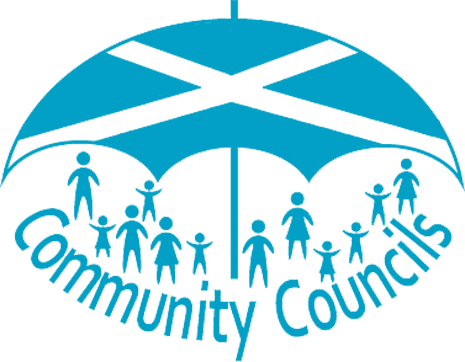Paid clerks have played a role in the administration and financial matters of Shetland’s 18 community councils since their formation in the late 1970s. As part of a wider case study we spoke to two of them about their roles:
Q1) How do you find working with Shetland’s Community Councils?
Clerk A: “Working for a Shetland Community Council is an interesting and diverse role where I have really gotten to know the unique needs of our rural island community. Although it is a job, I also find it really rewarding as you are helping the Community Councillors fulfil the needs of the people they represent.”
Clerk B: “It is rewarding to work as a clerk for a Shetland Community Council. There are elements of the role which every clerk has to do but there are plenty of opportunities to become more involved and to do more if you have the time, energy and ability to do so. We have support from our local authority and have a super Community Council Liaison Officer who is always on hand to offer advice, share relevant resources and information, and to answer questions. Local authority support for elections and to organise the Association of Shetland Community Councils helps to strengthen community councils and connect members and clerks and we have also been supplied with templates for documents, insurance, legal advice and training on a huge manner of subjects. Grant support has also been invaluable and means that members are able to support projects within their community and employ a clerk to administer all the aspects of a successful and vibrant community council. It is great to work within a local authority which values and supports Community Councils.”
Q2: How does your work aid the work of community councils?
Clerk A: “My work aids the Community Council by dealing with all correspondence and administration requirements on their behalf. I am typically the first point of contact between the community, the Community Councillors, and the local authority/public bodies, and I try to ensure that all messages are communicated effectively between all parties.”
Clerk B: “The clerk's work is essential to the running of the Community Councils. They do all the paperwork and administration and act as treasurer too. They are usually the first point of contact for all correspondence, including grant applications and any queries or concerns from public and they make up the agenda and take the minutes of the meetings too. Many of the Community Councils have websites and social media pages and it is usually the clerk who deals with these too. Being paid and having allocated hours to work for a Community Council sends the message to clerks that they, and the work they do is of value and enables them to do their best for their communities. There is a huge amount of paperwork which needs to be done for an active Community Council and having a clerk to do this work keeps the Community Council going, ensures that local groups and charities are supported and allows the Community Council to play its role in local democracy. As the clerk is the first point of contact for all correspondence they help bridge the gap between local authorities and communities and help to make public bodies aware of the opinions and needs of the communities they represent. Clerks help organise meetings with residents and interest groups within the ward and support members to deal with issues that they raise. They also organise the community council meetings to allow local issues to be discussed between elected members, council officers and the wider community.
Another clerk duty is to report back to public and voluntary organisations with consultee comments, (e.g., when members have scrutinised decisions, policies, service delivery, planning applications and documents) helping members who are representing local views on community related issues. Comments passed back via the clerks can influence decisions in planning and provision of local services. Clerks also administer the grant schemes, both applying for core funding and development grants and then administering grant schemes to local groups - supporting groups to make applications, preparing the applications for consideration by members and then allocating any funding and the monitoring of the grants.”

